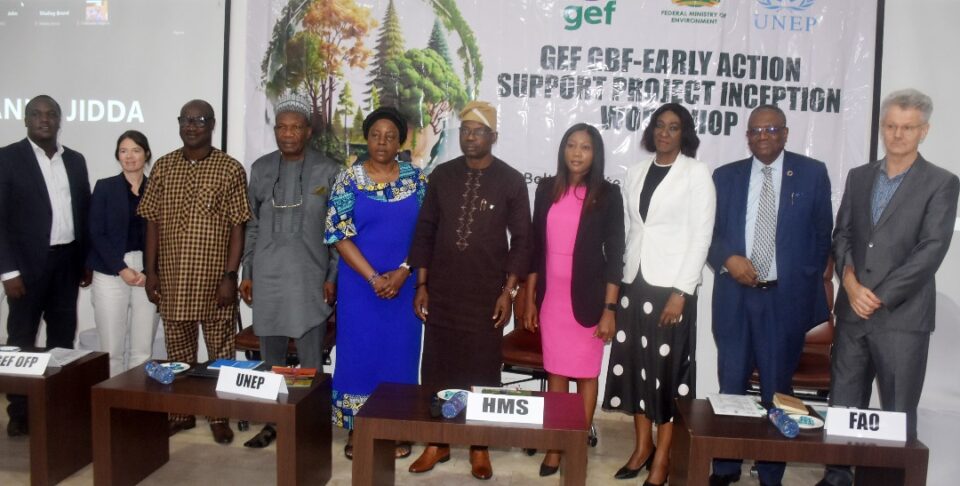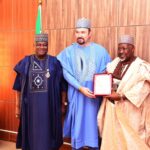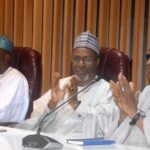By Chuks Oyema-Aziken
Minister of State for Environment, Dr. Iziaq Salako on Thursday said Nigeria is at the forefront of tackling biodiversity loss for the benefit of the planet and people.
He stated this in his keynote address at the Inception Workshop for the Kunming-Montreal Global Biodiversity Framework (KMGBF) on Early Action Support Project on Thursday in Abuja.
According to Salako “Biodiversity underpins life on earth, from human health and well-being to food and water security to economies and livelihoods. Yet biodiversity is severely threatened and declining at unprecedented levels due to increasing pollution, resource exploitation, land use change, invasive species, and climate change, among other factors.
“Nigeria has been driving an ambitious global agenda to address this crisis, including at the 15th meeting of the Conference of the Parties to the Convention on Biological Diversity, CoP15.
“During CoP15, Nigeria joined hands with our ECOWAS colleagues and ensured that ECOWAS priorities were encapsulated within the landmark Kunming-Montreal Global Biodiversity Framework. We fought hard for these achievements, and I know that many of you here today were part of the team that made it happen – for this I would like to sincerely congratulate you.
He expressed optimism on Target 3, which sets a mandate to conserve and protect at least 30% of the Planet by 2030 (30×30) and calls for effectively conserving this 30%.
“Only this level of ambition will ensure that the planet is properly conserved. Indeed, the Global Biodiversity Framework is a fantastic achievement,” the Minister added.
In his speech, a representative of the FAO country representative commended the exciting strides that Nigeria is taking to mainstreaming agrifood into its National Biodiversity Strategy and Action Plans (NBSAPs).
“Let me express FAO excitement about Nigeria’s readiness to incorporate agrifood into its NBSAPs. This forward-thinking approach aligns with FAO’s mission to promote biodiversity conservation, sustainable natural resources management and ensure sustainable agricultural practices globally. Nigeria’s dedication to integrating agrifood into its national strategies is a commendable step toward building a resilient and thriving biodiversity conservation.
He pledged the full support of FAO towards the development, implementation, and evaluation of the NBSAPs.
“To facilitate this collaborative effort, FAO has developed an impressive array of tools, frameworks, and approaches specifically designed to support the realization of the global biodiversity targets. These resources serve as invaluable assets, empowering nations to navigate the complexities of sustainable development. We believe that by leveraging these tools, Nigeria can make significant strides in achieving its agrifood integration goals.”



